AI Sports Video Rights: Sharing HD Clips Legally
As AI video enhancement tools become more powerful and accessible, sports fans and content creators alike are turning to AI software to upscale classic game footage or clarify low-resolution replays. However, a critical legal question arises: If you enhance a sports video that was originally protected by broadcast rights (such as an NBA or UEFA Champions League match), do you need additional rights to share the improved version?
This article explores the legal nuances of broadcast rights and their extension into the AI era, focusing specifically on the distribution of enhanced content. We'll also explain how to legally distinguish between private collection and social media sharing, helping you stay compliant while using advanced video tools.
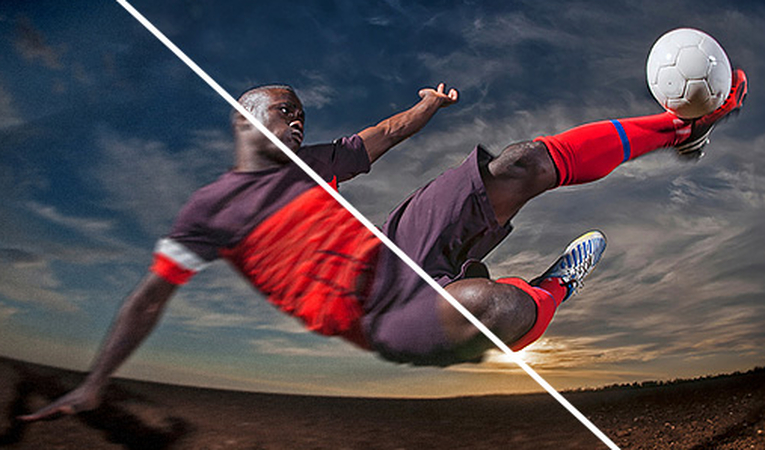
Part 1: What Are Broadcast Rights and Why They Matter in Sports Media
Whether it's upscaling old game footage to 4K, generating slow-motion replays with added clarity, or improving frame stability for highlight reels, AI is transforming how we process and experience sports content. But this innovation brings up a critical legal question: When does enhancing content cross the line into unauthorized redistribution?
Broadcast rights refer to the legal permissions granted to air live or recorded sports events. These rights are a critical revenue source for sports leagues and are typically sold as exclusive agreements to television networks or digital platforms.
For example, the NBA sells its global broadcast rights to networks like ESPN or streaming services like NBA League Pass. UEFA, which governs European football, sells Champions League rights in similarly exclusive deals. These agreements govern not only live broadcasts but also replays, highlights, and sometimes even fan-made content.
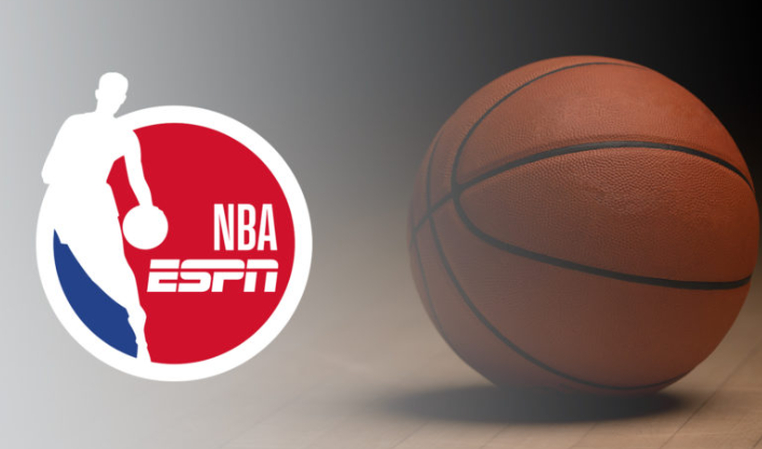
Why this matters:
Even if a game is publicly aired on TV or a streaming service, that does not make the footage free to use or redistribute. The broadcast content remains protected intellectual property, regardless of how someone accesses or records it.
So, if you record a publicly aired game and enhance it with AI to share on social media, you're still potentially violating the league's exclusive distribution rights-unless you have proper permission to use the footage.
Part 2: Does AI Enhancement Create a New Work or Still a Derivative?
This brings us to a key copyright concept: derivative works.
A derivative work is defined in U.S. copyright law as a new creation that is based on or adapted from an existing copyrighted work. Examples include translations, remixes, or visual edits of a movie or video.
AI-enhanced videos-even when significantly improved in quality-are still considered derivative of the original material. Enhancing frame rate, resolution, or adding new details with AI does not create a completely original work. The core visual content, including camera angles, players, logos, and commentary, remains tied to the original broadcast.
Does Enhancement Require New Permissions?
AI-enhanced videos may look dramatically different, but that doesn't mean they're legally distinct. Tools like VikPea can:
- Upscale resolution (e.g., from 720p to 4K)
- Improve frame rate and smoothness
- Reconstruct missing visual data
- Denoise and sharpen blurry scenes
While this may seem like transformative work, copyright law still treats these improvements as part of a derivative work. A derivative work is based on a pre-existing copyrighted piece, and any such modification requires authorization unless it qualifies under exceptions like fair use (which is rare in commercial or public distribution cases).
Currently, sports leagues have not openly granted extended broadcast rights to cover AI-enhanced versions. This means any redistributed footage-even if enhanced-is still legally bound by the original license.
Part 3: The Difference Between Personal Use and Social Media Sharing
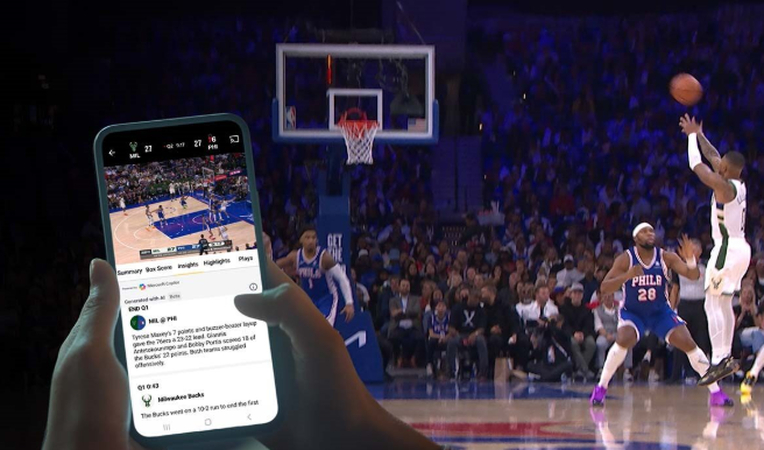
The heart of the issue lies in distinguishing between private use and public sharing of AI-enhanced sports footage. While many content creators and fans are experimenting with these tools for personal enjoyment or creative expression, the legal implications of sharing enhanced content online, especially on platforms like YouTube or TikTok, can be complex. Let's clarify two important terms:
Private Use Includes:
- Archiving enhanced footage for personal viewing
- Studying plays or reviewing for coaching
- Offline experiments with AI tools for educational or skill development
This usage generally falls under "fair use" if it's not redistributed.
Public Sharing Includes:
- Uploading videos to platforms like YouTube, TikTok, or X (formerly Twitter)
- Embedding enhanced clips in blog posts or commercial websites
- Sharing on social media, even without monetizing
Even short clips or non-commercial posts fall under this category if they're visible to the public.
Why this matters:
Many platforms today, including YouTube and TikTok, have automated copyright detection systems that can flag, demonetize, or remove content based on copyrighted material-even if the video is altered with AI. In some cases, accounts can be suspended or banned for repeat violations.
Just because a clip is short, commented on, or AI-enhanced, that doesn't automatically make it "fair use." Courts evaluate fair use on a case-by-case basis, and relying on it as a legal defense can be risky for everyday creators.
Part 4: How to Enhance Sports Videos Legally Using AI Tools
You can enjoy the benefits of AI-enhanced sports videos legally by following a few responsible steps:
1. Source Footage Legally
- Use public domain or open-license sports footage (e.g., classic Olympic clips released by IOC).
- License content from stock libraries that permit modification and redistribution.
- Use footage you filmed yourself, such as amateur games or personal sports recordings.
2. Use AI Tools Responsibly
- Apply enhancement for personal learning, archival, or non-distributive purposes.
- Do not upload unlicensed enhanced clips online.
- If you intend to publish or monetize content, obtain written permission from the footage rights holder or use footage with clear redistribution rights.
3. Stay Updated
- Some leagues may eventually offer extended rights for creators using AI-keep an eye on announcements from major sports rights organizations.
4. Separate Private Projects from Public Publishing
If you're experimenting with tools like HitPaw VikPea or Topaz Video AI, keep your results offline unless you are certain you have distribution rights. Use private archives or share among closed groups (e.g., educational teams) rather than uploading publicly.
Remember: HitPaw VikPea is a tool, not a legal loophole. Use it to unlock quality, not to bypass copyright.
FAQ: AI Video Enhancement and Broadcast Rights
Q1. Is it legal to enhance a TV-recorded sports match with AI for my own collection?
A1. Yes, as long as the footage is used privately and not shared publicly, this generally falls under fair personal use. Still, the original copyright remains in place.
Q2. Can I upload AI-enhanced sports clips to social media if they are non-commercial?
A2. No. Non-commercial does not mean exempt from copyright. Uploading clips online, even without profit, can infringe broadcast rights unless permission is obtained.
Q3. What if the original footage is very low quality-does enhancing it make it a new work?
A3. No. Visual quality does not determine legal status. If the underlying video is protected, enhancing it doesn't strip those protections.
Q4. Where can I get footage I'm allowed to enhance and share?
A4.
Look for:
Conclusion: Respect Rights While Enhancing with AI
The power of AI video enhancement, especially with tools like HitPaw VikPea, opens a new era for sports content creators. You can now relive historic moments in ultra-HD, slow down legendary goals, and sharpen player actions with unprecedented precision.
AI doesn't erase original ownership. Whether you are editing, upscaling, or refining sports footage, you must respect the original broadcast rights-especially if you plan to redistribute your enhanced creations. Stay on the safe side by using public or licensed content, keeping personal enhancements offline, and always verifying your rights before sharing anything publicly.


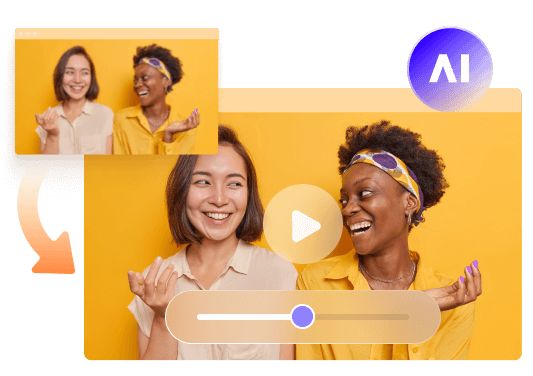




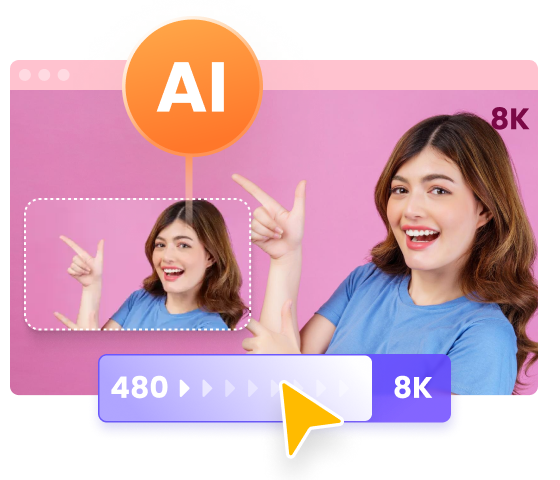
 HitPaw Univd (Video Converter)
HitPaw Univd (Video Converter)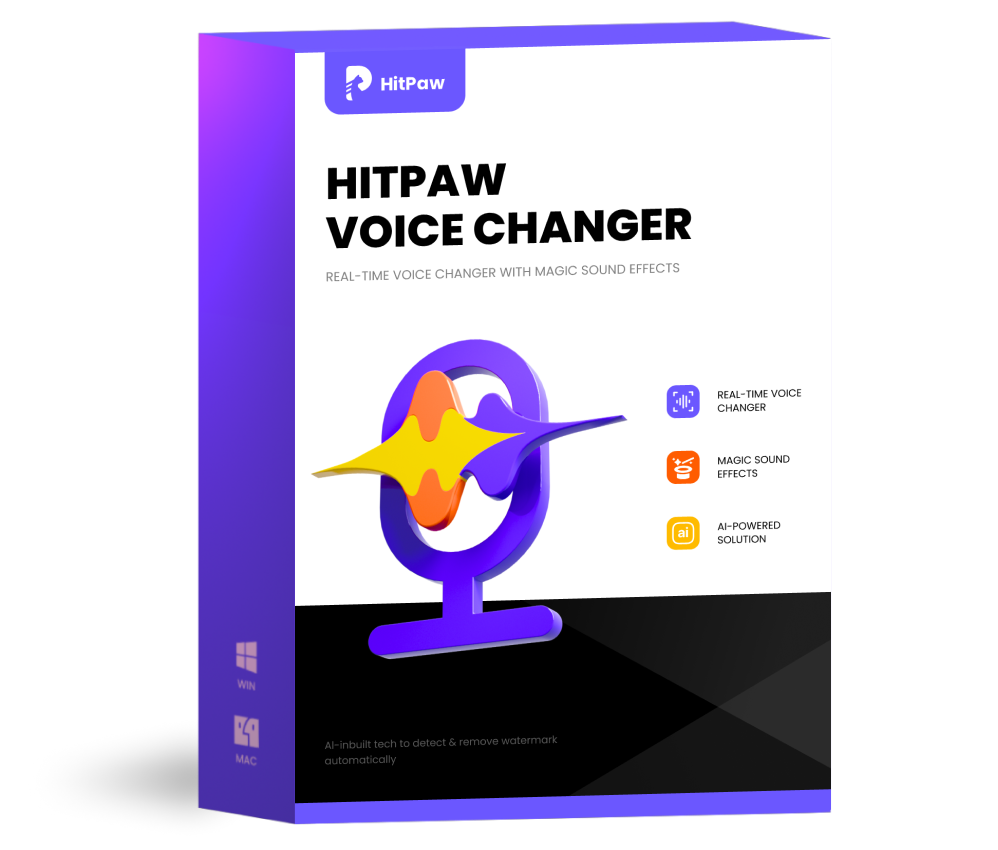 HitPaw VoicePea
HitPaw VoicePea 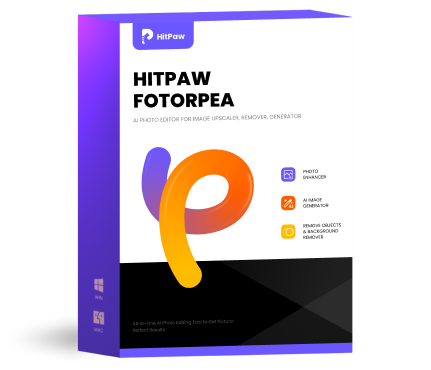 HitPaw FotorPea
HitPaw FotorPea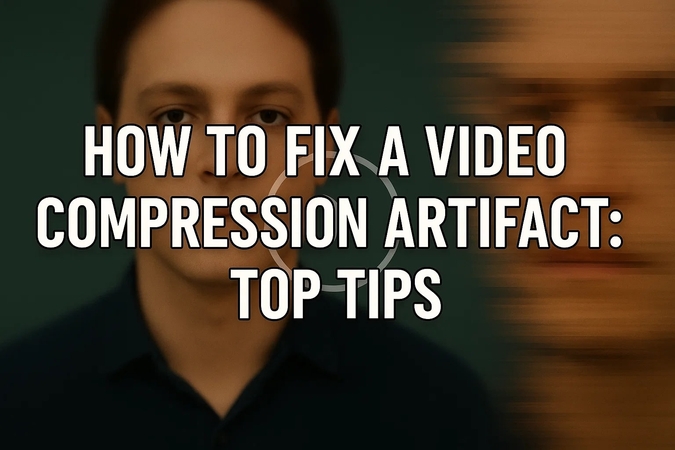
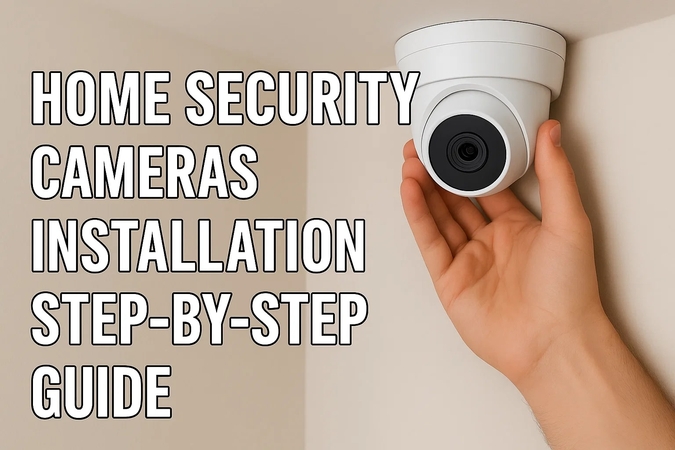


Share this article:
Select the product rating:
Daniel Walker
Editor-in-Chief
This post was written by Editor Daniel Walker whose passion lies in bridging the gap between cutting-edge technology and everyday creativity. The content he created inspires the audience to embrace digital tools confidently.
View all ArticlesLeave a Comment
Create your review for HitPaw articles